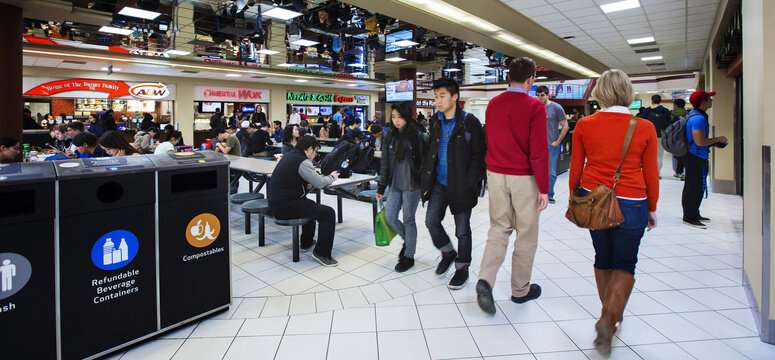Homeless on campus? New social work study examines student homelessness

We've all heard stories about them. They couch-surf, find warm classrooms to sleep in, and stay awake half the night to avoid security. They're the student homeless.
A new cross-Canada SSHRC-funded social work study is seeking to discover how big an issue student homelessness is.
"For all of the talk about stresses students face completing their education," says Faculty of Social Work professor Dr. Jeannette Waegemakers Schiff, PhD, "We don't know the extent to which they're willing to sacrifice security."
Schiff says anecdotal evidence from the U.S. suggests students experiencing homelessness is a bigger issue than most people realize. She adds that while most people tend to conceptualize the homeless as somehow "apart" from mainstream society, it's more difficult to ignore this population.
"With student homelessness," says Waegemakers Schiff, "we're looking at people who are trying their best to get the educational qualifications that will help them to move on in life. They're obviously hugely impacted in a negative way when they don't know where they're going to live or where are they going to find their next meal."
Short survey could lead to real change
The researchers are hoping all UCalgary students will take a moment to complete a . The study is being led by Dr. Eric Weissman, PhD from the University of New Brunswick, with data coming from several campuses across Canada.
"The survey is short enough that it won't take long for students to complete," says Waegemakers Schiff, "but it will let us know about not only housing insecurity, but also food insecurity and whether there are any other mental health or other stressors that students are facing."
The researchers say that besides capturing the extent of the post-secondary homeless issue, the survey will also provide data to agencies such as campus food banks, showing the real need, and to university leadership who might better understand interventions to help students experiencing homelessness.
Provided by University of Calgary
















